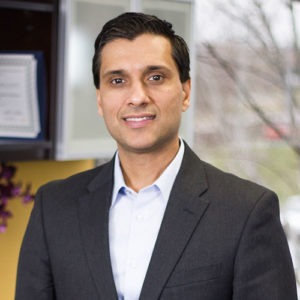Happy birthday, Medicare & Medicaid
Happy birthday, Medicare and Medicaid—and can we say, you don’t look a day over 50. But, the healthcare world sure is different now, compared to when you were born.
As a nation in 1965, we were all crazed about the Beatles and worried about the arrests of Martin Luther King, Jr. and others in Selma, Ala. We were submerged in a foreign conflict back then, just as we are now. Of course, back then, a loaf of bread cost 21 cents, and a new car cost an average of $2,600, according to The People History’s website. For most workers, health insurance benefits were basically assumed to be a “given” from their employer, and most older adults had planned well in advance for retirement.
So different from the way our world is today.
But in 1965, we were a nation looking upward and onward; much as we are now. After all, we’d just recently conquered the first human footsteps on the moon. (Yes, the moon part was a really big thing in 1965.)
On July 30, 1965, President Lyndon Johnson gave out the very first Medicare card—to his presidential colleague, Harry S. Truman. The rest is still an ongoing, mutable process.
Meanwhile, time has moved on. Medical advancements and better awareness for wellness have resulted in a tsunami of people living well beyond the age-bracket your twin funds originally envisioned. Your Medicare programs alone are about 14 percent of the U.S. spending budget—or about $505 billion per year.
More than 50,000 people are joined with just the Medicare portion of you already, notes the Kaiser Foundation. Yet, many beneficiaries are struggling with “Medigaps,” multiple forms amid Part A, Part B, Part D and Long-term Services and Supports (LTSS) services, and an illogical disarray of service access issues.
And, many, many more older beneficiaries are coming in the next 10 years: The Centers for Medicare & Medicaid Services estimates that by 2024, the baby boomer joiners are expected to spike Medicare rates by up to 7.3 percent, and healthcare spending for Medicare is predicted to consume one-fifth of the U.S. economy by 2024.
As twins, you two health systems—Medicare and Medicaid—haven’t had much opportunity to really play together much; but perhaps you will soon, As of July 2014, at least 18 states have some sort of demonstration project on the official books to get Medicare and Medicaid together, making life a lot easier for dual-eligibles, a specific resident population that hasn’t really been able to experience the values of decent care coordination so far.
Sure, you’re older now—Maybe you’re not quite as sexy as you once were, and you cost a whole lot more to support these days. But we hope you’ll be up to the long-haul task. Because by 2024, more than 80 million adults over age 65 older adults could be depending on you.
I think you’re like a lot older adults: You started out with a great idea, played hard in the game over the years, and have gradually matured into older-age wisdom, like many of us have—hopefully backed by plenty of learning and a willingness to change as different needs arise.
I wonder what the infant Accountable Care Act will look like 50 years from now. (Did it start out like you, only to be tweaked a zillion times later to match the changing needs of its population?) I’m sure it will change as much as you have over time, yet hopefully will still remain in touch with its good-idea roots.

Pamela Tabar was editor-in-chief of I Advance Senior Care from 2013-2018. She has worked as a writer and editor for healthcare business media since 1998, including as News Editor of Healthcare Informatics. She has a master’s degree in journalism from Kent State University and a master’s degree in English from the University of York, England.
Related Articles
Topics: Executive Leadership , Medicare/Medicaid










